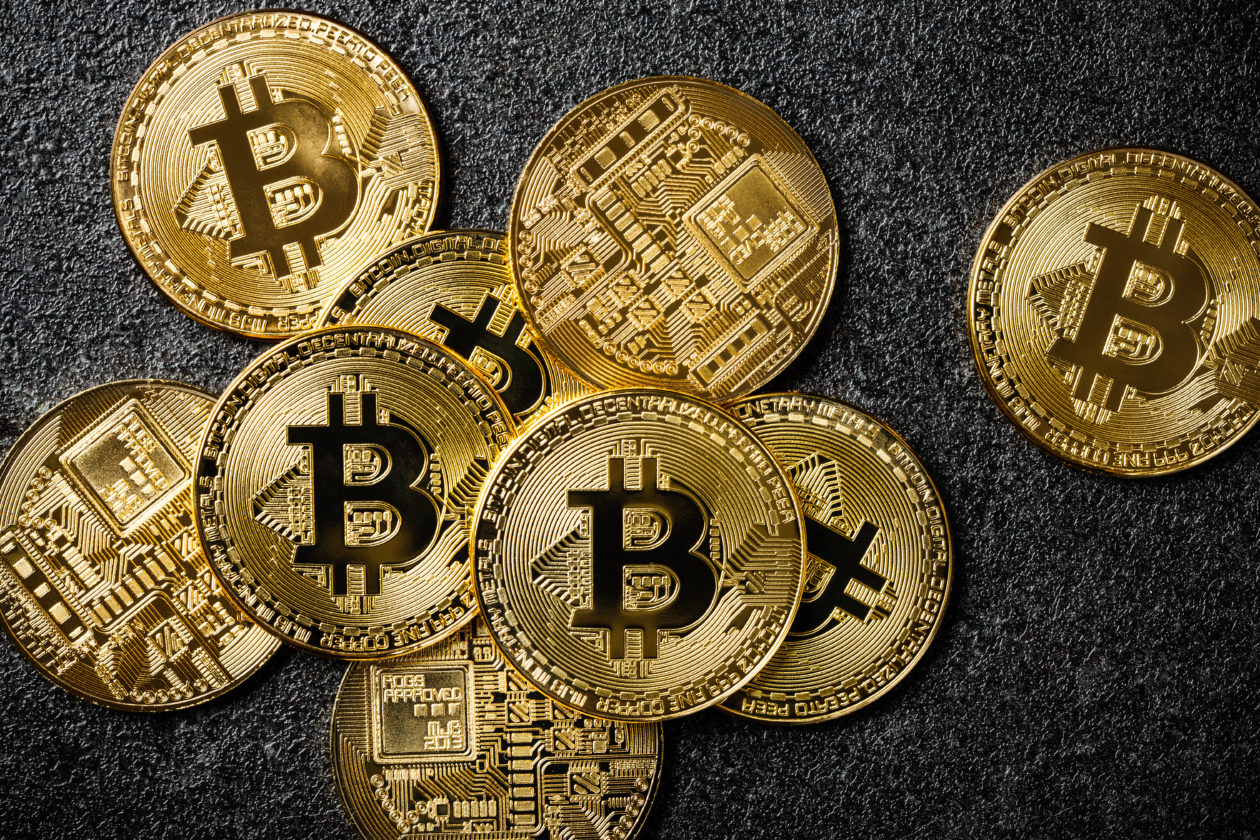October 24, 1929 — Black Thursday. Americans and the world watched as the stock market plummeted like never before. Over the course of the next month, the market would lose almost half its value, destroying the savings and livelihoods of millions of Americans and starting the era known as the Great Depression.
Families lost farms. Workers lost savings. Lives were destroyed. But not all investors lost everything. Far from it. Well-informed, capital-rich traders and institutions who could stay solvent came in and bought up banks, railroads and commodities producers at rock-bottom prices. They bought the dip. As prices recovered, those who had come in at the bottom were rewarded with massive profits. These buyers were accruing heightened returns due to possessing better information. Information is power, and — more importantly — information is money.

Stock market crashes have existed since humans began tracking and trading ownership in companies. And for as long as markets have existed, those with more information have been getting rich off crashes at the expense of those with less information.
In 2020, this began to shift. The global Covid-19 pandemic caused market turmoil and introduced the world to a new power in the stock market: the activist retail investor. GameStop, Tesla, DOGE, SHIB. Suddenly, billions of dollars were being generated by communities driven by ideals, memes and catchphrases.
Shorted to all hell by well-funded hedge funds, GameStop looked like a company on the brink of death. But, driven by Reddit communities and Twitter, the company saw its stock soar to previously unseen prices, despite the best efforts of the U.S. Securities and Exchange Commission and Robinhood to slow trading. Tesla, a company that does no marketing and produces a fraction of the cars of traditional OEMs, became the most valuable car maker on the back of retail investors’ belief in their eccentric, meme-making CEO.
And nowhere else can one see the power of a well-informed retail investor than in cryptocurrency. Doge and Shiba Inu, coins with almost no practical value, are worth billions of dollars, driven by a new era of young, informed traders suddenly realizing and reclaiming their power. Their calling card, BTFD, or buying the f**king dip, comes across as a meme, but behind it stands decades of institutional knowledge.
For decades, those institutional traders have been doing just that — creating chaotic market conditions and then striking in and scooping up assets at rock-bottom prices. But no more. BTFD is the calling card of well-informed activist retail investors, driven by their increasing access to information. With more of this information available than ever before, the retail investor can hedge, short and BTFD like never before, in a way acting like their own institution.
Crypto companies are only compounding this new wave of savvy investors. And the level of information they now have access to is driving the change. New metrics available to retail investors allow them to gain insights and knowledge that were previously available only to those institutions and traders who had the money to pay for them. A prime example is dominance trading, which allows investors to hedge their investments by buying a prediction that despite a drop in price, the dominance of Bitcoin will stay consistent or even grow when compared with the overall market. Used as a hedge against market volatility, this type of investing is part of the new wave of investment vehicles for the savvy.
These new activist investors have been met with scorn in many traditional finance circles, but despite the backlash, the rise of the retail trader has been good for the market and even better for crypto. Retail traders’ relentlessness in buying stock market dips has been a saving grace for major indexes despite shaken consumer confidence, according to Morgan Stanley analysts.
The power of the individual investor will only increase as the crypto industry grows. Now that retail investors have seen their power, a sleeping giant has been unleashed. This power will only continue to grow with the spread of decentralized autonomous organizations and decentralized finance projects, democratizing the placement of power and capital.
2020 saw the parabolic rise of the retail investor, and the impacts are still only beginning to be understood in the market. This new form of investor has challenged the status quo and adopted tactics previously used only by institutions. Catchphrases like BTFD might come across as memes, but they show a development in the retail investor, a growth in understanding driven by a democratization of information. As the crypto industry expands, this power and knowledge will only increase.




